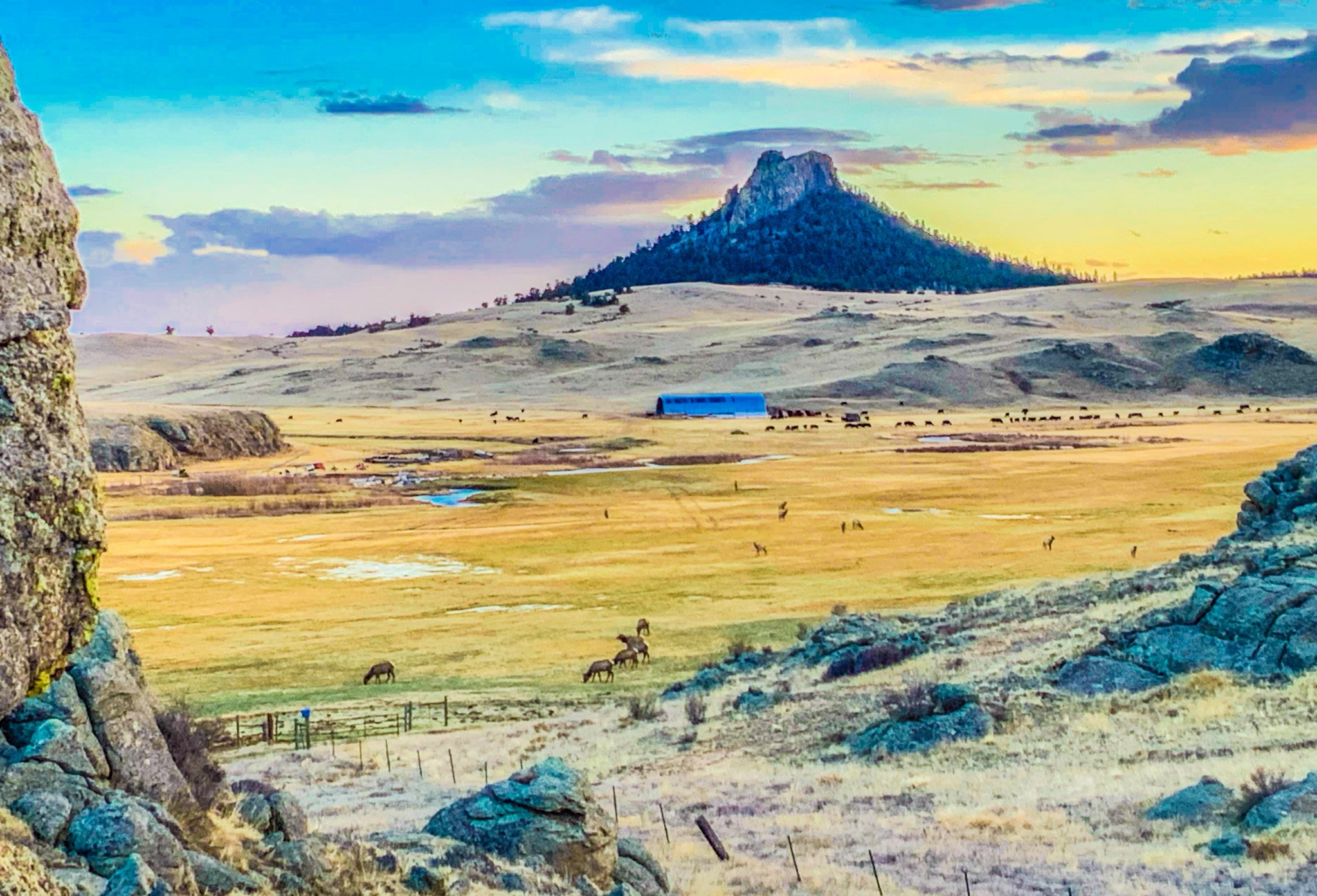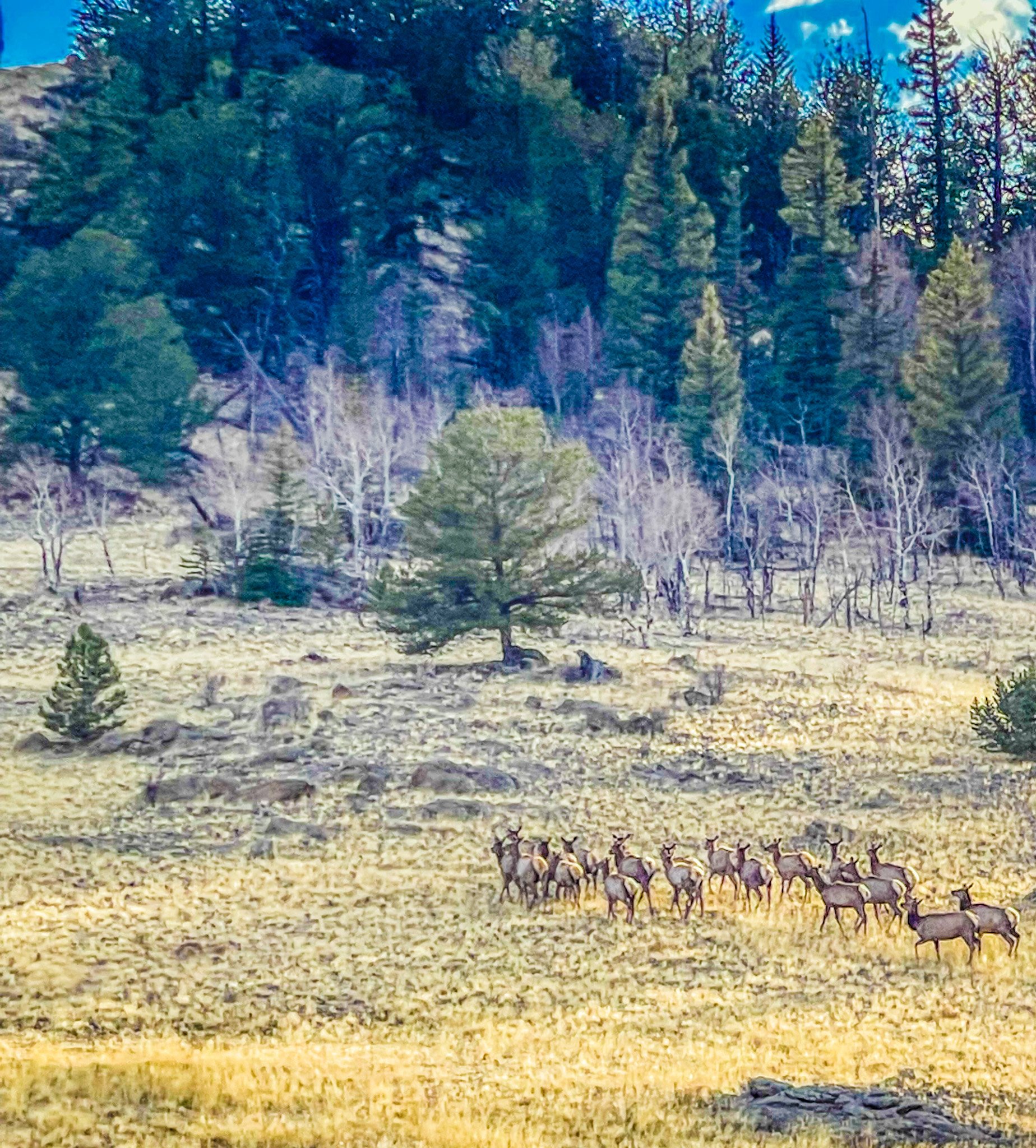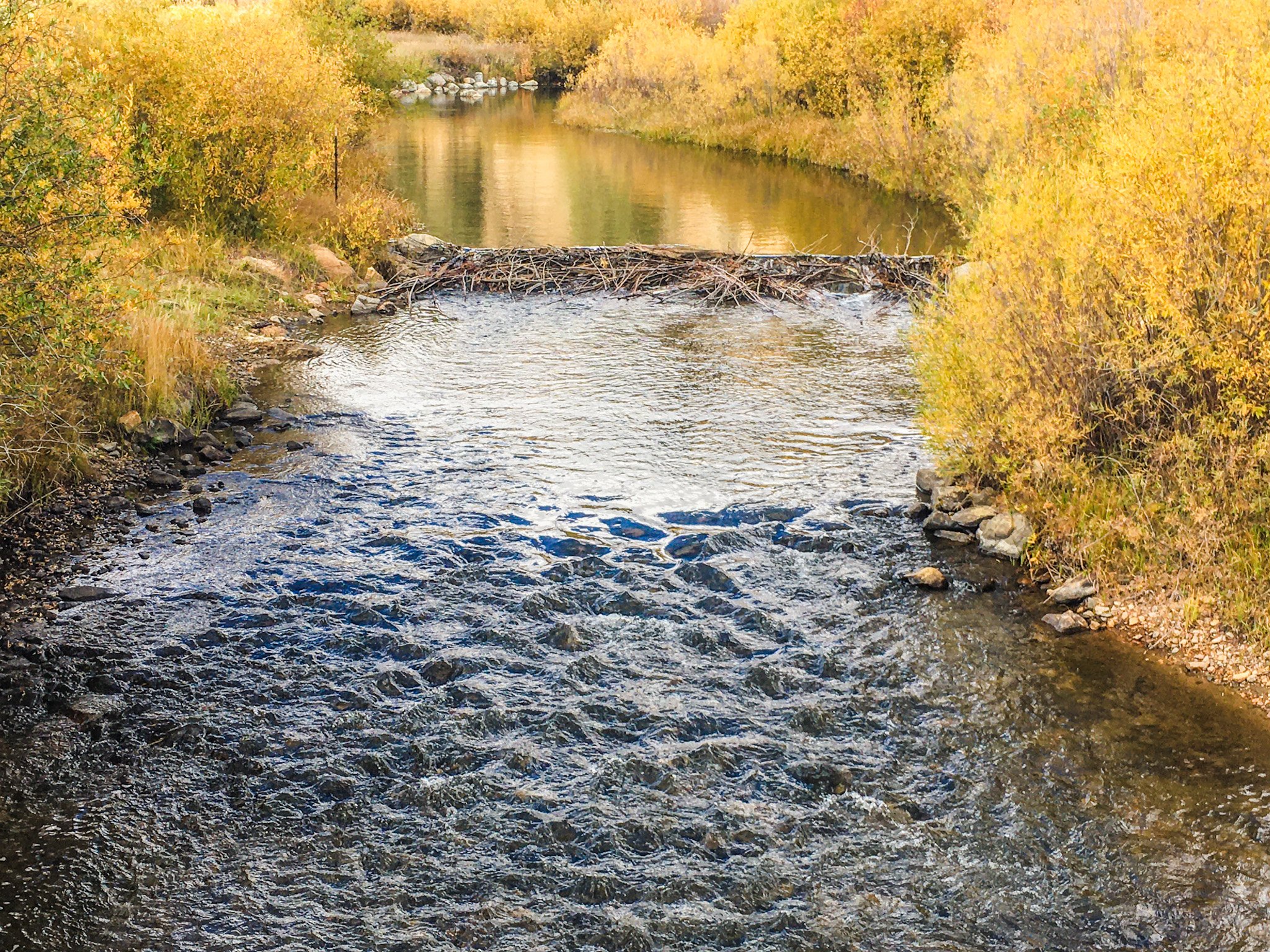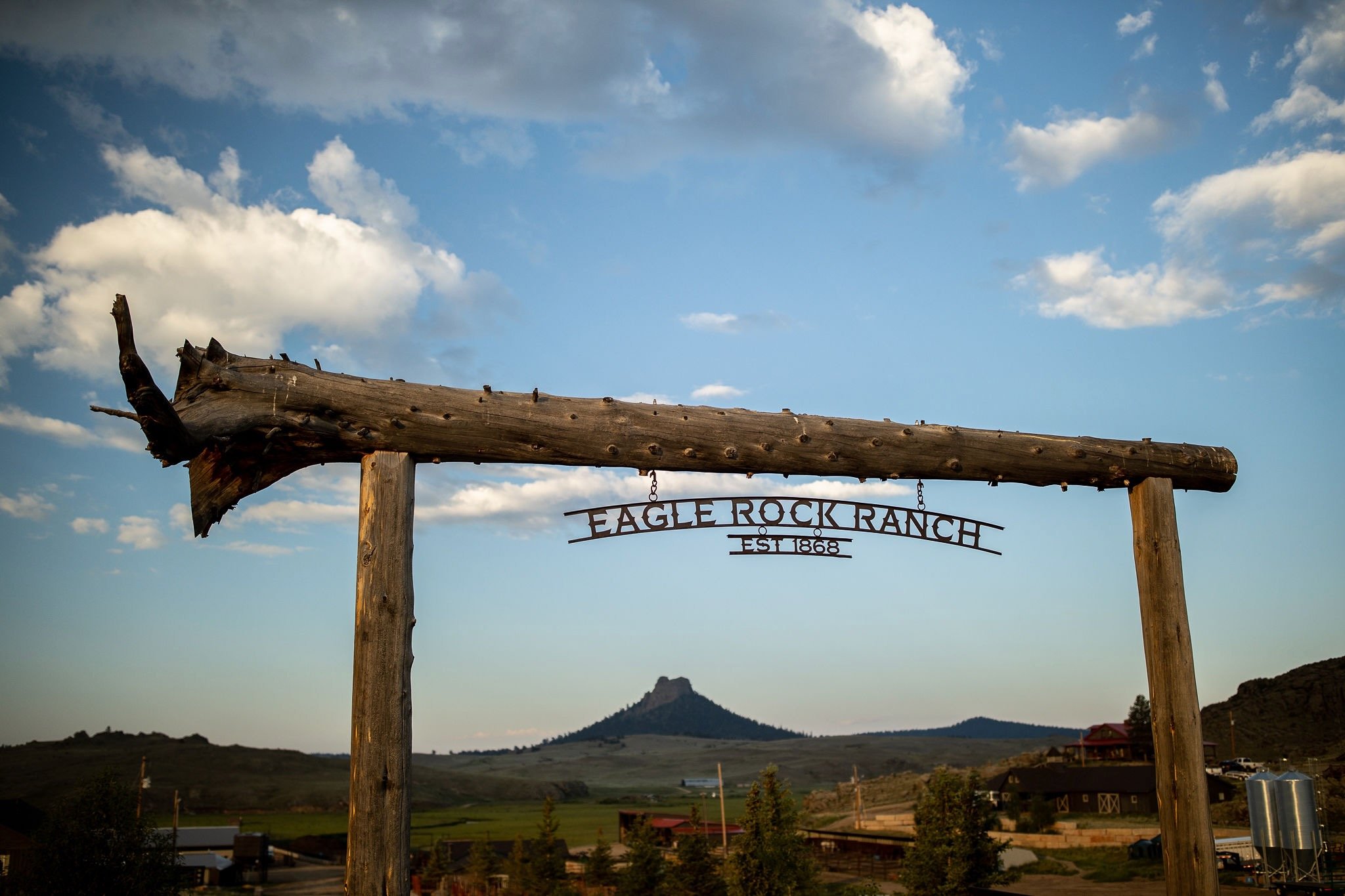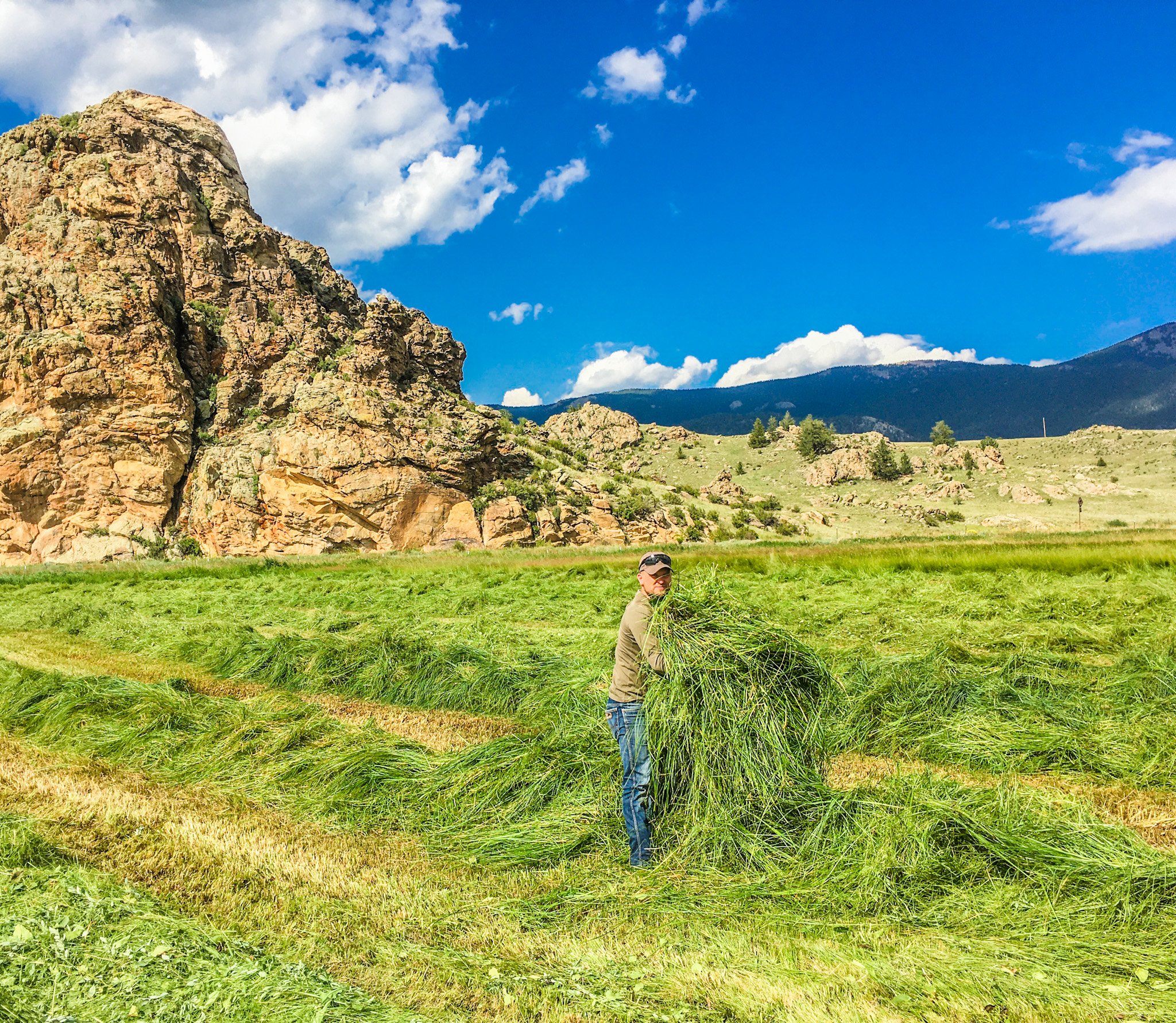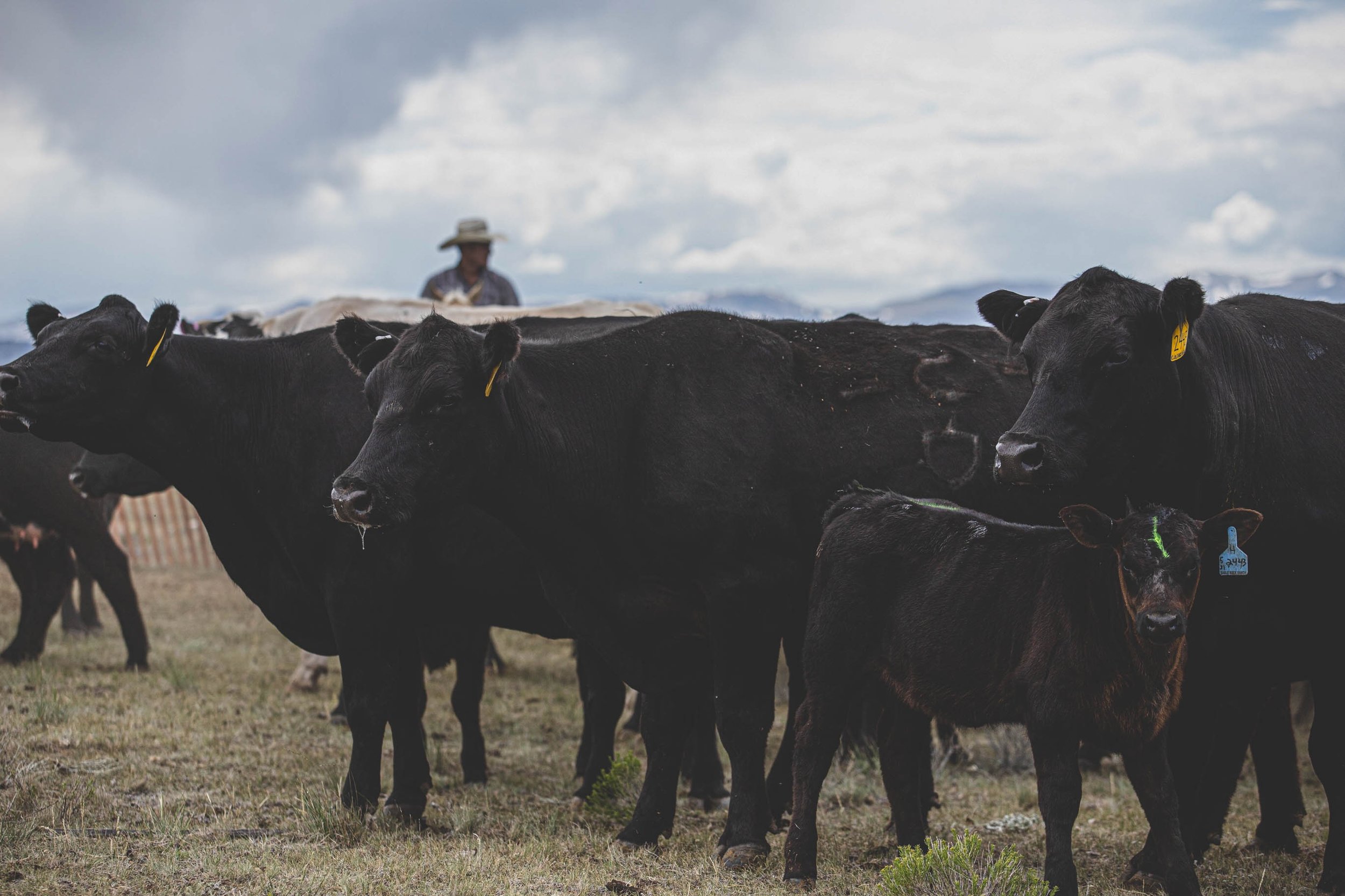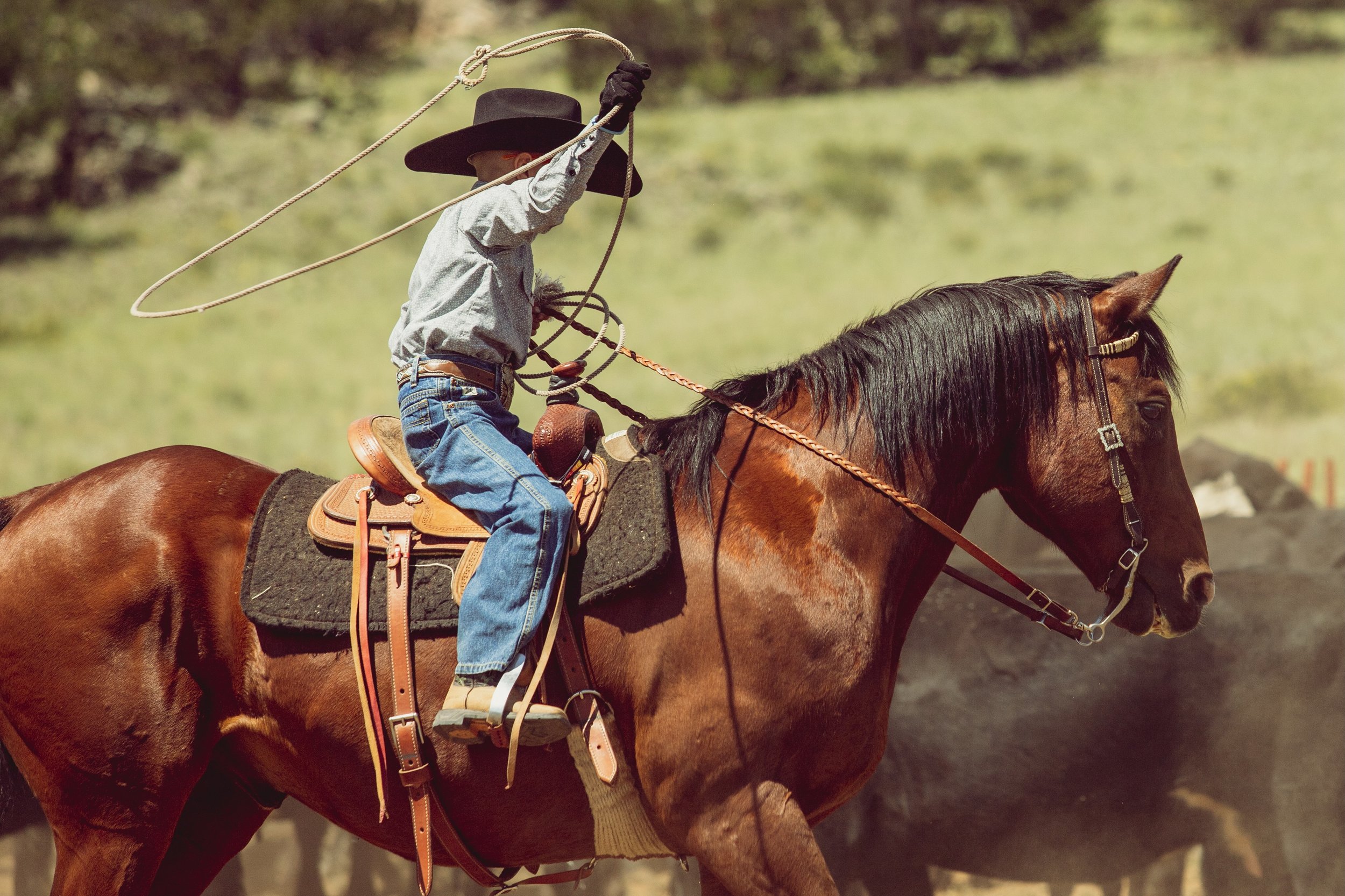LAND ETHIC
Of
The Eagle Rock Ranch
“A thing is right when it tends to preserve the integrity, stability, and beauty of the biotic community. It is wrong when it tends otherwise.” - Aldo Leopold
In a nutshell, the above quotation from Aldo Leopold (1887 – 1948) sets forth the basic premise of how land stewards make decisions regarding the use and management of the land under stewardship. In Professor Leopold’s mind, a “land ethic” enlarges the definition of land to include soils, waters, plants, animals and humans and collectively referred to as the “biotic community.”
A land ethic is a philosophy or theoretical framework about how, ethically, humans should regard and relate to this biotic community. In its simplest terms, the concept of a land ethic is caring about people together with the land, and strengthening the relationship and connections between both.
Although the concept of an ethical approach to nature was first broached in earlier writings by naturalists and philosophers such as Henry David Thoreau (1817-1862) and John Muir (1838-1914), the term “Land Ethic” was first used by Aldo Leopold in his seminal ecological manifesto, “A Sand County Almanac,” first published posthumously in 1949.
Ethics, of course, govern the behavior between and amongst members of a culture, society or tribe. Grounded in shared values and/or common interests, ethics represent a moral sense of right and wrong. The Ten Commandments are a good example of how people within a society first agreed to treat one another. They are, in essence, a restriction on otherwise unfettered human action that inures to the benefit of both a society or culture collectively and also the individual humans that make up that society.
Professor Leopold expands and extends these behavioral limitations to human interaction with the biotic community – i.e., soil, air, water, and all creatures – both great and small – inhabiting such area. He offered no list of “rights and wrongs” – rather, he presented the concept as a set of values that he gradually developed over a lifetime of experiences in the outdoors. A close relationship with and understanding of nature is a necessary prerequisite as he wrote that “we can only be ethical in relation to something we can see, understand, feel, love or otherwise have faith in.” Consequently, a direct and very personal connection with the natural world was a prerequisite for each human in order for this ethic to evolve. He knew it would take time for this concept to take hold . . . “in the minds of a thinking community.”
Only when someone has lived with the land (and not simply “on” the land) for an extended period of time can they hope to perhaps someday hear a portion of what it has to say. As Professor Leopold writes in the Song of the Gavilan,
“. . . there is other music in these hills, by no means audible to all. To hear even a few notes of it you must first live here for a long time, and you must know the speech of hills and rivers. Then on a still night, when the campfire is low and the Pleiades have climbed over rimrocks, sit quietly and listen for a wolf to howl, and think hard of everything you have seen and tried to understand. Then you may hear it – a vast pulsing harmony – its score inscribed on a thousand hills, its notes the lives and deaths of plants and animals, its rhythms spanning the seconds and the centuries.”
Henry David Thoreau recognized the same sort of experience,
“I hear beyond the range of sound, I see beyond the range of sight, New earths and skies and seas around, And in my day the sun doth pale his light.”
To borrow a phrase then, what is the Upshot of all this?
To what end then? Why adopt such a land ethic? Why is it either desirable or necessary? To whom or what benefit does this accrue?
The Tarryall Valley is, in and of itself, an ecosystem brimming with life forms of all kinds. The soil, water, and air teem with a variety of lifeforms – it can be thought of then as a community of life forms, or better yet as a biotic mechanism, a living organism consisting of many, many living parts. Thinking about land in this fashion, i.e., the biotic community, encourages people then to consider their actions toward land as a whole, in addition to its various members, in both moral and considered terms.
Considering land in the manner of an organism also engenders consideration of its overall health and illness. Health suggests a good or desirable condition productive of and exuding life. Land in good health would thus also possess the capacity for self-healing or recovery from affliction. On the other hand, illness or sickness thus connotes the opposite of health or a condition of exhaustion, degradation, depletion, waste, an inability to sustain life, etc. The relatively new terms such as “regenerative” or “sustainable agriculture” is intended to define land in poor health being restored to health, etc. by virtue of conscientious agricultural practices. Nevertheless, in Professor Leopold’s mind, land in good health – whether inhabited by humans or not – is a condition whereby the land itself retains and keeps its self-contained and self-administered regenerative capacities, etc.
Land health, therefore, offers a measuring device or yardstick of sorts for judging people’s land ethic (or lack thereof). It provides conservation’s “end goal” or collective purpose. It is, in essence, the expression of the land ethic practiced on the land itself.
At the Eagle Rock Ranch, the land, water, soil, and wildlife are our Great Possessions. We understand that in order for this land – this biotic community that calls the Tarryall Valley “home” – we need to focus on the overall health of these Great Possessions. To think of land not just as with instrumental value, but with intrinsic value. To think of land not as a commodity, but as a community of land, air, water, and animals – all creatures great and small. To borrow another phrase, to “think like a mountain.”
We tend to resist labels. We seem to often do things a bit differently than others – sometimes a lot differently. It seems to us as if many people are focused on – almost preoccupied with - putting others into some sort of “box” from which they know how to deal with them or otherwise characterize them. We push back on efforts like that. We have run since our arrival what we think is a generally holistic type of operation in the sense that we try to “think like a mountain” and manage the land (and associated biotic community) in a way that mirrors nature. Nevertheless, we constantly evaluate every aspect of the operation in an atomistic sense and don’t hesitate to give extra emphasis to a specific area that we perceive as needing such, etc. We find solace in another favorite saying of Professor Leopold’s that “nonconformity is the highest evolutionary attainment of social animals.”
We strive every day to be a part of the “thinking community” that can both live and help shape a land ethic for this century and beyond in order to bring good health to the land around us here in this valley. To do that, we must first set an example – not just talk the talk, but walk the walk – with respect to the lands that we steward, and then invite others to share our philosophy and follow in our footsteps. As Professor Leopold wrote, “the oldest task in human history is to live on a piece of land without spoiling it.” Together, we can help develop and spread a common land ethic that can serve as a positive example for others and be passed along to future generations.
While we recognize that we cannot, by ourselves, change the world, we can live the life – and the ethic – that Professor Leopold envisioned, here on the Eagle Rock Ranch and in the Tarryall Valley in which we live.
As Professor Leopold concluded in one of his essays, in quoting one of his favorite poets, Edwin Arlington Robinson, and referencing his directive to Tristam that might just as well be applied to Homo sapiens as a species in geologic time:
“Whether you will or not
You are a King, Tristam, for you are one
Of the time-tested few that leave the world,
When they are gone, not the same place it was.
Mark what you leave.”
In sum, the foregoing sets forth the land ethic that we strive to follow here at the Eagle Rock Ranch.
Like Leopold’s Shack, the ranch here is a work in progress. In the following months (years?), we will endeavor to describe certain specific actions that we take – or consciously do NOT take – that effectuate this ethic here on the land that we steward. These descriptions will take the form of essays that follow this one. We readily admit that we are not perfect by any means, but are consciously striving – ever day - to be better land stewards than we were the day before. We commit to transparency in our operations – for better or for worse – and invite public review of the same, etc.



